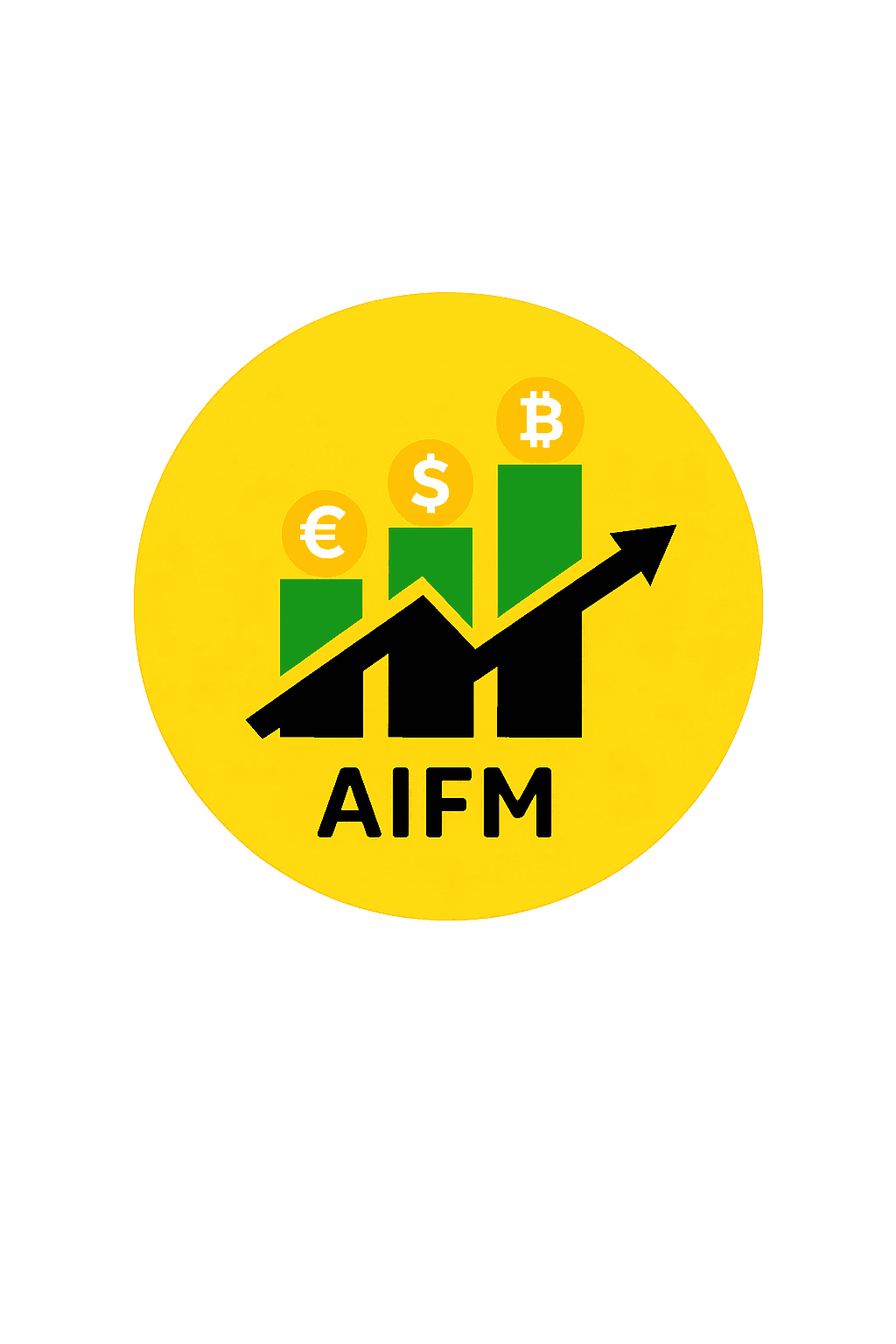Although a small country, Belgium is well-developed and is a magnet to foreign investors and entrepreneurs. Belgium is a desirable destination for entrepreneurs and investors mainly because of its central location in Europe and the fact that full foreign ownership is allowed. Belgium guarantees the freedom to set up a company, in addition to full foreign ownership. Other advantages to setting up a company in Belgium, includes the attractive tax regime.
Additionally, company formation in Belgium is a straightforward process. It generally involves choosing a suitable business structure, selecting an available name, drawing up the company documents, registering with the Belgian Trade Register, and obtaining VAT numbers and other essential permits.
Who can start a business in Belgium?
Starting a business in Belgium is possible for anyone over 18 years old, resident or non-resident. Foreigners can set up a business in Belgium, however, non-EU/EFTA nationals may need a visa to enter Belgium as well as a residence permit.
Legal structures for businesses in Belgium
The process of opening a company in Belgium starts with choosing an applicable type of legal structure. The types of legal structure in Belgium are :
- Companies
BVBA/SPRL – private limited liability company, Besloten Vennootschap met Beperkte Aansprakelijkheid/ Société Privée à Responsabilité Limitée)
This business form is formulated for small and medium businesses as well as family businesses. The company has its own capital and is a legal entity with rights and responsibilities but directors are only responsible for the amount invested at the time the company was established. The company can have one or more legal entities or individuals as founding members, and they can be nationals or foreigners. There’s also a one-person version of this, which imposes less capital.
The NV/SA – public limited company (Naamloze Vennootschap/Société Anonyme)
This business form can be formed by at least two shareholders, who can be nationals or foreigners. They are liable to the degree of their contribution to the capital with a minimum share capital of 61500 EUR, which is divided into no minimal value shares. The management of this type of company is confirmed by a board of directors that must include at least 2 directors.
- Partnership
SNC/VOF – Belgian general partnership (société en nom collectif/vennootschap onder firma)
The partners in this type of Belgian company have unlimited liability and can all make business-related decisions. There is no required minimum share capital for this type of legal entity and in case of liquidation, the assets of the partners can be claimed.
SCS/GCV – Limited partnership (société en commandite simple/gewone commanditaire vennootschap)
There are two types of partners in a Belgian limited partnership: active partners and another partner which is called a silent one. No minimum share capital is required at registration and the personal assets of the silent partners are not impacted by the liquidation procedures.
SCA/CVA – Partnership limited by shares (limited by shares (société en commandite par actions/commanditaire vennootschap op aandelen,)
This partnership requires a minimum capital upon incorporation of 61.500 EUR. It is formed by partners and shareholders, with liability limited by the value of the subscribed shares. The management is guaranteed by one of the members with unlimited liability, which has veto powers granted by law.
- Other types of Belgian company
Cooperative society (SC – société coopérative)
This is a legal form in which the members seek a common goal. Therefore, a minimum of three founders is imposed. The primary objective of this type of company is to satisfy the common requirements of the shareholders, but also to develop their economic activities. The cooperative society does not require a minimum share capital.
Sole proprietorship (eenmanszaak)
This is the simplest Belgian business form that can be incorporated. Under this company, there is no difference between you and your business. And you are personally responsible for any debts and pay personal income tax.
Foreign entities can also form branches or representative offices in Belgium, which are very convenient. A representative office may not engage in any commercial activity in Belgium but, Belgian branches can perform specific operations under the strict control of the foreign parent companies.
Establishing a company in Belgium
The process of establishing a company in Belgium can be broken down into the following three stages:
Establishing the constitution act
The first process is drawing up the articles of association of the company in which all its characteristics are recorded and its operating procedures listed. The constitution must include
- the name of the company: the name must be unique and must be reserved
- the legal structure of the company: This is done by choosing a business form suited to the size of the business and the share capital.
- the address of the registered office: each new business entity in Belgium must have a registered office in a city of choice.
- a business plan: a business plan for the future company must be drafted and will include the company project as well as a financial plan.
- the duration of the company,
- the modalities of representation of the company,
- the capital, and the values of the company.
Presenting the articles of association
Once the articles of association has been drawn up, it will be submitted in the register of the Commercial Court where the company has its seat. Once this is done, the court clerk will enter the company identification data at the Banque Carrefour des Entreprises.
Registration of the articles of association
After the above stat, the articles of association of a company must then be registered at one of the FPS (Federal Public Service) Finance registration offices.
Opening a bank account
New Belgian companies must have a bank account opened in their name that will serve the business objectives and will also be used to deposit the share capital.
Also, some companies may find that special permits and licenses are needed for their type of activity.
Taxation for businesses in Belgium
Belgium companies are required to follow the Income Tax Code and extra regulations and decrees, as applicable. All professionals and companies starting a business in Belgium must pay Belgian income tax on their business earnings. Many Belgian businesses also pay VAT. Current tax rates in Belgium are:
- Income tax between 25-50%
- Corporation tax at 29%
- VAT at a regular rate of 21%
Double taxation avoidance is also possible in Belgium through a vast network of double tax treaties that follow the OECD criterion.
Although it is quite easy to set up a company in Belgium, it is advisable to find a professional firm that will know all the latest compliance and legal factors of registering companies, to help stay compliant and facilitate the process. Contact your Damalion expert now.
How to start your corporation in Belgium — legal forms, required documents, notary steps, registrations, banking, taxes and compliance.
For entrepreneurs, investors, family offices, holding companies and international groups. We help you structure information and coordinate with trusted providers so Belgian stakeholders can review efficiently. Final decisions always remain with the relevant institutions.
Last updated:Belgium at a glance
Belgium offers a clear corporate law, strong access to EU markets, and a predictable tax system. Most founders choose the SRL/BV (limited liability company) or the SA/NV (public limited company). A notary authenticates incorporation deeds. Registrations then follow with the Crossroads Bank for Enterprises, VAT, and social security where needed.
Main legal forms
| Form | Who uses it | Capital | Governance | Notes |
|---|---|---|---|---|
| SRL / BV (private limited) | SMEs, subsidiaries, holding and operating companies | No fixed minimum in law. Founders must show sufficient equity via a 2-year financial plan kept by the notary. | One or more directors. Flexible shares and transfer rules. | Most popular. Limited liability if rules are respected. |
| SA / NV (public limited) | Larger businesses, groups, listings, financing rounds | Minimum capital EUR 61,500, fully subscribed (payment rules apply). | Board model (unitary or dual). Strong disclosure duties. | Designed for scale and investor protection. |
| SC / CV (cooperative) | Cooperative projects following cooperative principles | Capital as per statutes; member entry/exit flexibility. | According to cooperative purpose and by-laws. | Use only if a genuine cooperative purpose exists. |
| Partnerships (maatschap / société simple, etc.) | Professional or simple joint activity | N/A | Partners manage; liability may be unlimited. | May obtain legal personality in certain variants. |
Documents you will prepare
- Valid ID and recent proof of address for each founder and director.
- Company name check and draft statutes (articles of association).
- Two-year financial plan supporting the initial equity (SRL/BV).
- Proof of paid-in capital where required (e.g., SA/NV).
- Registered office details in Belgium.
- Director appointments and representation rules.
- Ultimate Beneficial Owner (UBO) information for the UBO Register.
- Tax and VAT details (threshold or full VAT registration), bank account details.
- Certified translations/apostilles if requested.
Simple steps from idea to registration
- Choose your form and name. SRL/BV for flexibility, SA/NV for larger capital and investor profile.
- Prepare the file. Statutes, financial plan (SRL/BV), director data, UBO details.
- Notary meeting. Sign the deed of incorporation and related documents.
- Crossroads Bank for Enterprises (CBE). Obtain the enterprise number.
- Professional bank account. Activate payments and user rights.
- VAT and social registrations. Register if the activity requires it.
- UBO Register filing. File within the legal deadline and keep it updated.
Costs and timing
- Notary fees and publication costs.
- Capital deposit where required.
- Bank account and payment fees.
- Accounting and legal support.
- From a complete file to a registered company: typically days to a few weeks, depending on complexity and follow-ups.
Key tax points
- Corporate income tax headline rate: 25%.
- VAT standard rate: 21% (reduced rates apply to specific goods/services).
- Dividend, interest and royalty withholding: rates depend on domestic rules and treaties.
- Transfer pricing and economic reality rules apply to group transactions.
- Keep proper books, evidence for deductible costs, and reliable substance for cross-border flows.
Related reading
Frequently asked questions
Which law governs Belgian companies?
Is there a fixed minimum capital for an SRL/BV?
What is the capital for an SA/NV?
Do I need a notary to incorporate?
What is the Crossroads Bank for Enterprises (CBE)?
When is VAT registration required?
What is the UBO Register filing?
Can a single director manage an SRL/BV?
When is a statutory auditor required?
What is the corporate income tax rate?
How are dividends taxed at the company level?
Do I need a Belgian business bank account?
Can foreign shareholders and directors set up a company?
Do I need a Belgian registered office?
Are electronic signatures accepted?
How fast can I incorporate?
What ongoing records must I keep?
Can I change directors or transfer shares later?
What happens if the financial plan is weak?
How should I plan group transactions?
10 Key Institutions in Brussels
- European Commission
- European Parliament
- Council of the European Union / European Council
- European External Action Service (EEAS)
- European Economic and Social Committee (EESC)
- European Committee of the Regions (CoR)
- Brussels-Capital Region (Official Portal)
- hub.brussels (Trade & Invest Agency)
- National Bank of Belgium (NBB)
- NATO Headquarters




























